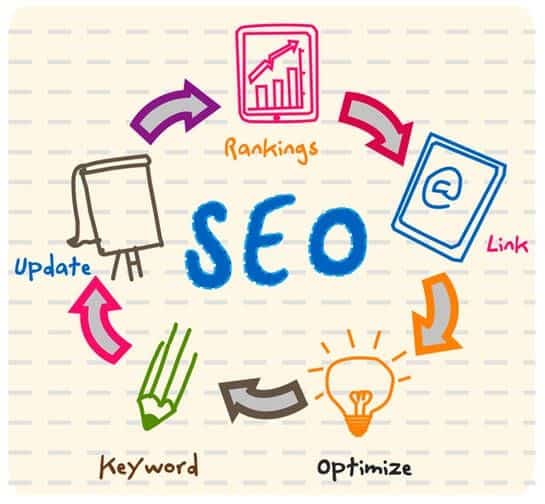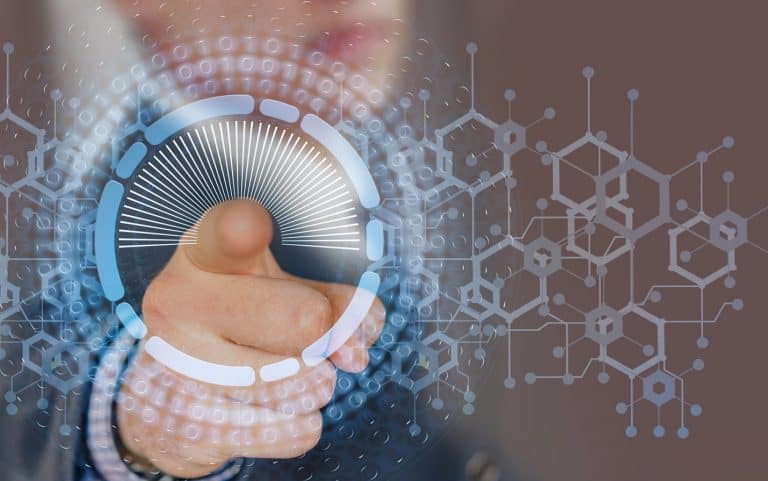Use an LMS to Change Organization-Wide Mindset

Our mindset showcases how we look at the world.
A mindset of paucity will lay hold of things as long as they have value to themselves as well.
The goal of life becomes getting and holding, then actually living it.
A fixed mindset depicts rigidity, and focuses on what is existing while excluding everything that can be.
For people with a fixed mindset, change is frightening and needs to be avoided. Even, feedback and other’s achievements have no value to them. Moreover, in case of personal loss, inculcate a deep feeling of doubt and anger.
On the contrary, a growth mindset varies altogether. People with such mindset even value failure and take the lesson from it. They acknowledge that every failure is always a path closer to success. They get inspired by others’ achievements and get motivated for their future. Infact, they value feedback as well as, they take it seriously and act accordingly.
It’s true, nurturing a growth mindset is essential, but it can be equally challenging. The best part is that your organization has LMS, which might get unnoticed. But, how can you use a learning management system to change the growth mindset across the organization?
With a learning management system, it becomes easy to change the mindset right from the foundation. Although, you have the right LMS implemented. A modern learning system provides important benefits and capacity that can’t be found in traditional learning systems.
Flexibility in delivery:
Totally different from venue-based or classroom learning management systems, a cloud-based or modern LMS offers the capability to your employees to learn whenever and wherever they feel comfortable. In a situation like Covid-19 pandemic, this LMS has become the most important member of your organization. It’s just not sure that the learning and training program continues, but it increases employees’ engagement as well as provides a normal feeling of working within a professional setup. It also gives an opportunity to your employees to grow and thrive.
Content customization:
A best LMS will provide you the access to endless content, with the capability of curating and segregating the content to make your own material according to your requirements and training design. A good content can always help in creating a growth mindset.
Different formats:
a cloud-based LMS allows delivery of training programs and courses in multiple formats, including, authoring text, video, gamifications, and many more. This makes sure the employee engages with the content and they can retain the information.
We assume that your organization has opted and implemented a modern LMS that meets all the requirements. Let’s explore how we can use it to change the organization-wide mindset.
Angst by failure
To change the mindset of your employees is to help them get over their fear of failure. People with fixed mindset take failure as a huge set back. It needs to be avoided, as it hinders the growth, innovations and ideas. LMS provides gamification training to help employees know that failure is not always the end of the world. It helps them to see the bright side of failure and bounce back stronger.
Feedback: a valuable asset
Fixed mindset stops you from taking feedback positively. When offered, it is often taken negatively or overlooked. LMS helps to change it and provide real-time feedback. This teaches them the value of feedback and also to use it in your favour.
Difficult times makes you stronger
Without facing challenges you will never grow. Individuals who avoid challenges or never step out of their shoe pulls them down. Little risk is important to explore your opportunities. LMS allows you to challenge your employees to help them overcome their fear of stepping out of their comfort zone. Challenging modules and courses push them to try hard and learn from their mistakes.
Conclusion:
A good LMS is your organization’s most important element. It has the ability to train and teach organization-wide members. Select the right one for your organization for growth and success.






